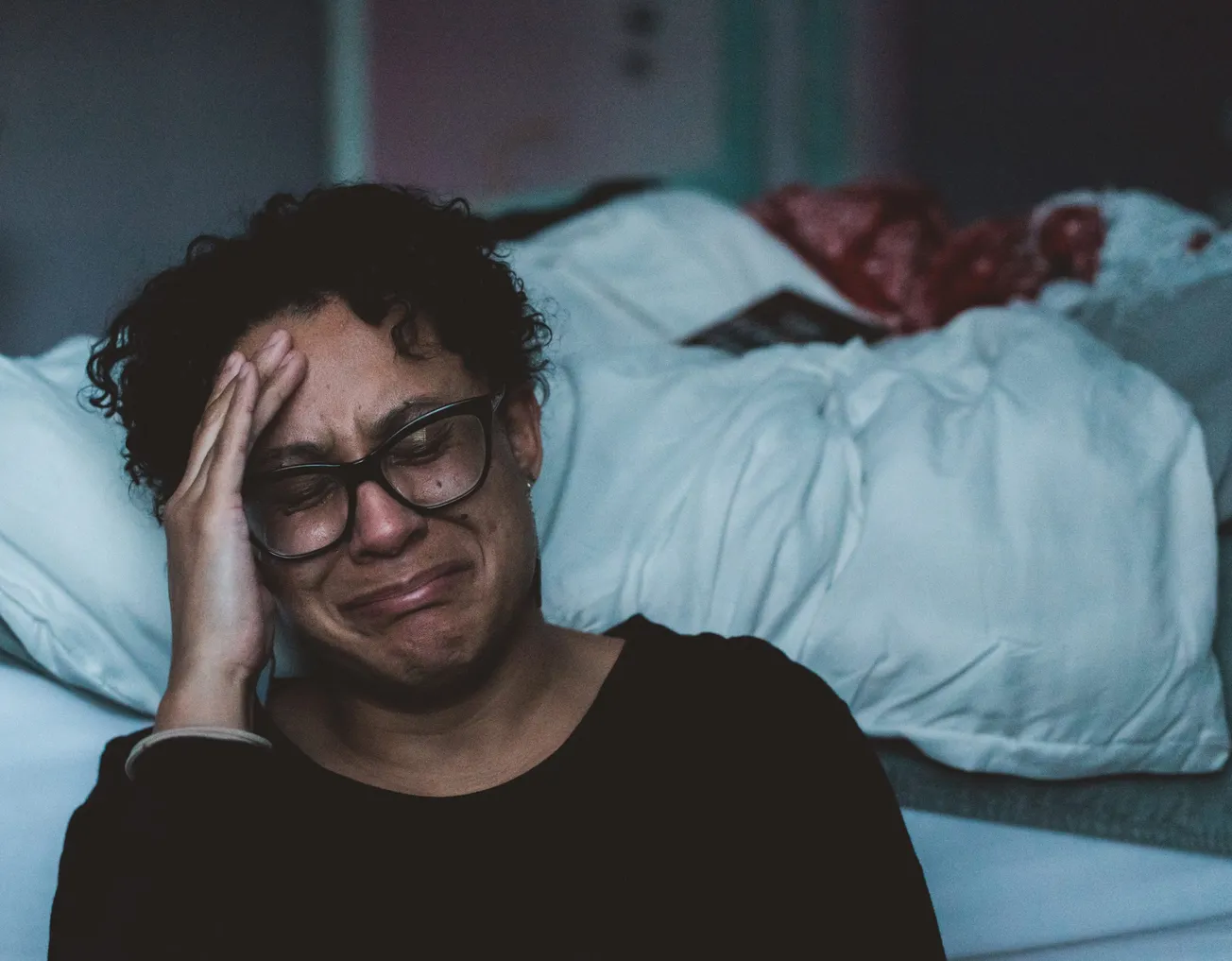Table of Contents
Mark Freeman
A woman injured by the Covid-19 vaccine was shocked at her treatment from her then-employer and the medical system but has found her experience to be a great opportunity to engage other people in conversation about the jab.
Lisa* (not her real name) was working on fixed-term contracts in a government department in Wellington when she was vaccine-mandated in 2021.
She was part of a small group of employees in the department who had delayed getting injected. Once they finished work on 15 November 2021, she and her unjabbed colleagues were handed letters which gave them 15 minutes to leave the premises or the police would be called. They didn’t have time to clean out their lockers.
“There was no empathy—no nothing. We were just bullied—absolutely bullied and belittled.”
After that, she got her first vaccine shot in order to be able to continue working at the department. To counteract any negative effects of the jab, she planned to undergo a technique called cupping, a form of suction which would draw the vaccine out of the arm. However, after her injection, she visited the person who had agreed to do the cupping and they refused because they had been threatened.
Within two weeks of receiving the injection, Lisa developed a rash on her arm, which became hot, itchy and painful. She visited an after-hours emergency centre and told the young doctor who saw her that it was a side effect of the jab. The doctor laughed at her and gave her some eczema cream.
A few days later Lisa went to a second doctor and, after receiving no treatment apart from paracetamol and getting no sleep that night, saw the doctor again the following day—the third doctor’s appointment in five days. This time the doctor diagnosed Lisa as having blood poisoning and gave her antibiotics. Her symptoms went away after one week.
However, at Christmas 2021, Lisa’s leg started to swell and hurt, and she began limping. She was in a lot of pain and developed a varicose vein for the first time. She had also had some chest pains two weeks previously.
She made an appointment with her doctor’s surgery about her leg. She was told that if she was diagnosed with thrombosis, she would be rushed to Wellington Hospital. She heard that other women had recently died of thrombosis. She was given an ultrasound to check for thromboses and had emergency blood tests to check whether she had had a heart attack. All results came back negative.
“As soon as they found out I didn’t have thrombosis, I said to the doctor, ‘What do we do next?’ and he said, ‘Nothing. You’re just going to have to live with this, and here’s some panadol.’ That was it. Once they found out I wasn’t going to die of it—it wasn’t thrombosis—they had no idea what it was, and they were too busy to find out. And I said, ‘So have you put it down as a jab injury?’ He said, ‘We don’t know anything.’ It was kind of shocking.”
At times Lisa was in so much pain she couldn’t even walk, and the pain kept her awake at night. She started taking different courses of alternative medicine, and, after nine months, her leg healed. But, Lisa says, for the rest of her life she’ll have to take alternative medicines for her heart, which one doctor called a “jab-compromised heart.”
On the employment front, her department had guaranteed it would support staff with jab injuries, yet when Lisa became sick, her contract work dried up. However, a few months later, after she had recovered, she got a job in another government department, where she currently works.
As painful and stressful as Lisa’s injuries have been, they have also given her many opportunities to talk to people about the jab. People would ask her what was wrong with her leg, and she would tell them about her vaccine injuries.
Lisa has seen a “huge shift” in the attitudes of her work colleagues and other people she knows. After witnessing Lisa’s ordeal and seeing their own family members and friends get injured and die after the injection, they’ve started to “join the dots.”
People start to make the connection between the jab and illness when it affects them personally, she says. “They can hear all these statistics, they can hear the stories, they saw what I went through, and then, when it’s someone in their family gets affected, that’s when it happens. That’s when [the penny] starts to drop—when it becomes personal.”
One woman she knows, who was very supportive of Jacinda Ardern, questioned Lisa about her leg. “Over time she’s watched her mother’s health and her aunty’s health and a few other people’s health drop. And she’s going, ‘I’m not getting the booster. I’ve noticed the change in my health.’ And I think that’s happened a lot.”
Lisa believes being vaccine-injured herself has helped her get alongside people to talk about the jab. “I can talk to them, and I can say, ‘That’s the poisonous shit that they’ve put into our bodies’ because I’m not standing as a pure-blood, going, ‘That’s what’s in your bodies.’ I’m saying, ‘Hey mate, I’m in the same ranks as you. That’s what they did to us.’”
Lisa’s experience with her injuries has helped her relate to other people more sympathetically.
“I make more excuses for people because people have changed and people are living in hard times, and so you tend to think, ‘No, I have to be more charitable, especially when I see people who were really strong and healthy two years ago and now they’re at death’s door. They had at least another 20 years in them, and now that’s been taken from them.”
She says she now tries to avoid conflicts at work and tries to sort out issues with people sooner rather than later. “We don’t know how much time we have.”









